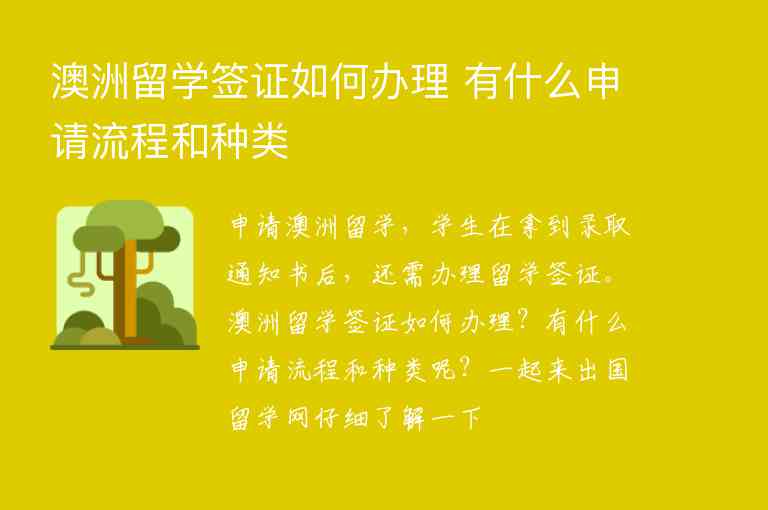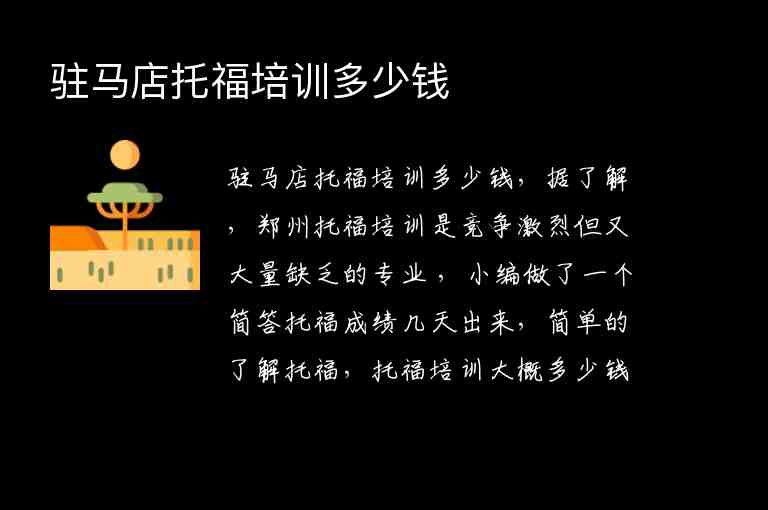Falsehood是一个英文单词,意为虚假或谎言。它是由false和hood两个词组合而成,false意为假的,hood意为状态或性质。因此,falsehood可以理解为“假的状态”。
Falsehood is an English word that means false or lie. It is a combination of the words false and hood, where false means untrue and hood means state or quality. Therefore, falsehood can be understood as a "state of being false".
怎么读(音标)
Falsehood的音标为/ˈfɔːls.hʊd/。
The pronunciation of falsehood is /ˈfɔːls.hʊd/.
用法
Falsehood可以作为名词或者形容词使用。作为名词时,它指代一个虚假的陈述、说法或者情况。作为形容词时,则表示不真实的、欺骗性的。
Falsehood can be used as a noun or an adjective. As a noun, it refers to a false statement, claim, or situation. As an adjective, it describes something that is not true or deceptive.
例句1-5句且中英对照
1. The politician was accused of spreading falsehoods about his opponent during the election campaign.
这位家被指控在竞选活动中散布关于对手的谎言。
2. The media has a responsibility to fact-check and avoid publishing falsehoods.
媒体有责任进行事实核查,避免发布虚假信息。
3. It is important to distinguish between truth and falsehood.
区分和谎言是很重要的。
4. The company's financial report was filled with falsehoods in order to deceive investors.
公司的财务报告充斥着谎言,旨在欺骗投资者。
5. Don't believe everything you read on the internet, there is a lot of falsehood out there.
不要相信你在互联网上阅读的所有内容,那里有很多虚假信息。
同义词及用法
1. Lie:指有意地说出不真实的事情。
2. Deception:指欺骗、诱导他人相信不真实的事情。
3. Untruth:指与事实不符的陈述或说法。
4. Fabrication:指创作或捏造出来的东西,常用于形容虚假信息。
5. Falsity:指与事实相反或不正确的陈述或说法。
1. Lie: refers to intentionally saying something that is not true.
2. Deception: refers to tricking or leading someone to believe something that is not true.
3. Untruth: refers to a statement or claim that does not align with the facts.
4. Fabrication: refers to something that has been created or made up, often used to describe false information.
5. Falsity: refers to a statement or claim that is opposite of the truth or incorrect.
编辑总结
Falsehood是一个常见的英文单词,它可以作为名词或形容词使用,意为虚假或谎言。在日常生活中,我们经常会遇到各种各样的falsehood,因此理解这个词的意思及用法是很重要的。同时,我们也要注意区分truth和falsehood,避免被欺骗。在使用同义词时,我们也要注意它们的细微差别,以免使用不当导致误解。总而言之,了解和正确使用falsehood这个单词可以帮助我们更加准确地表达自己的想法,并避免被虚假信息所误导。



